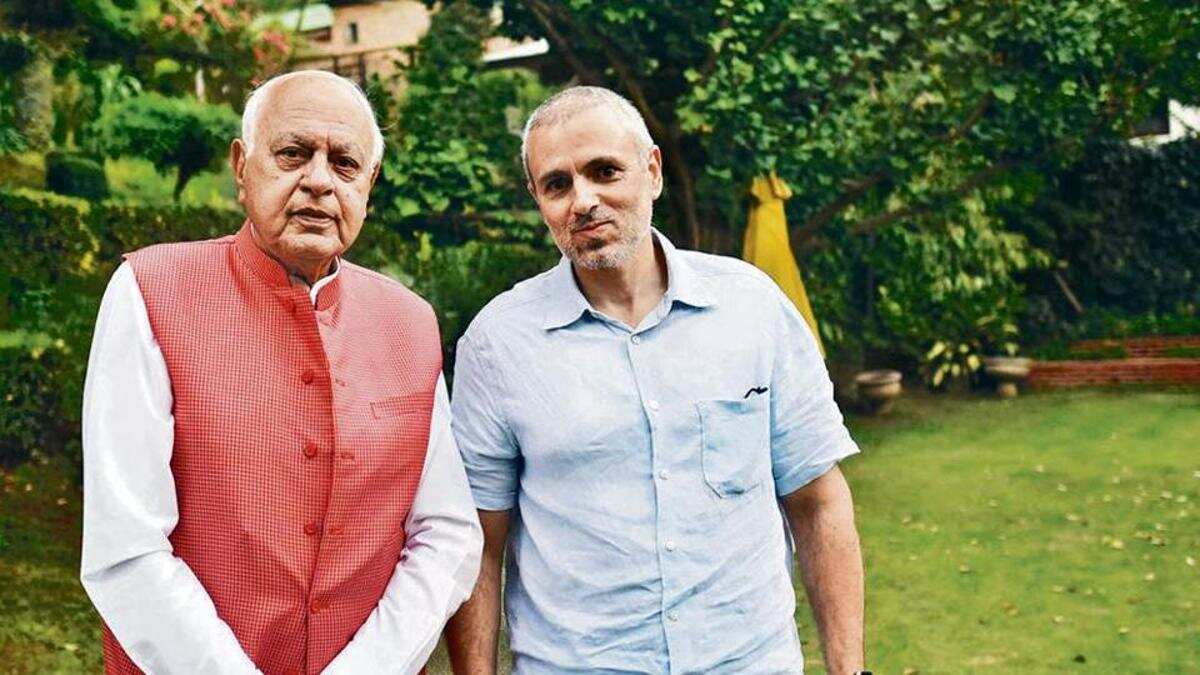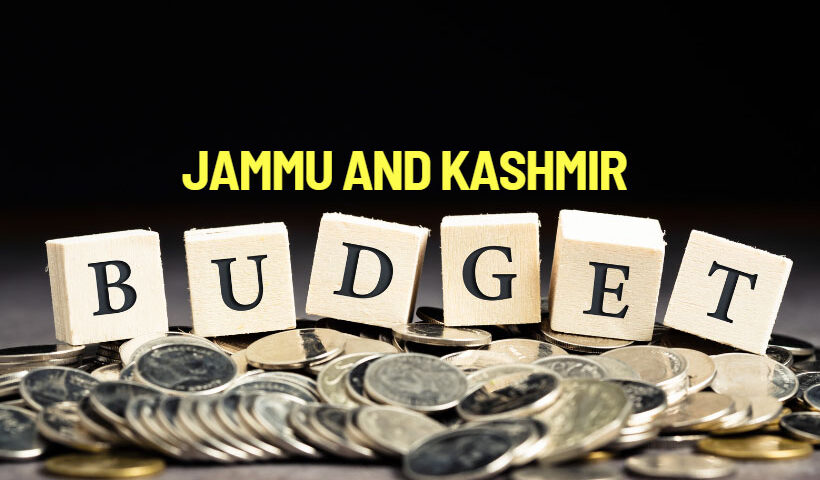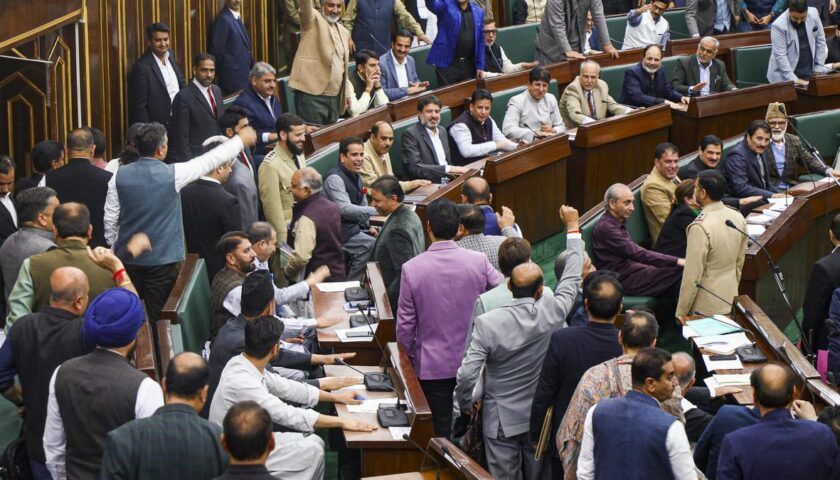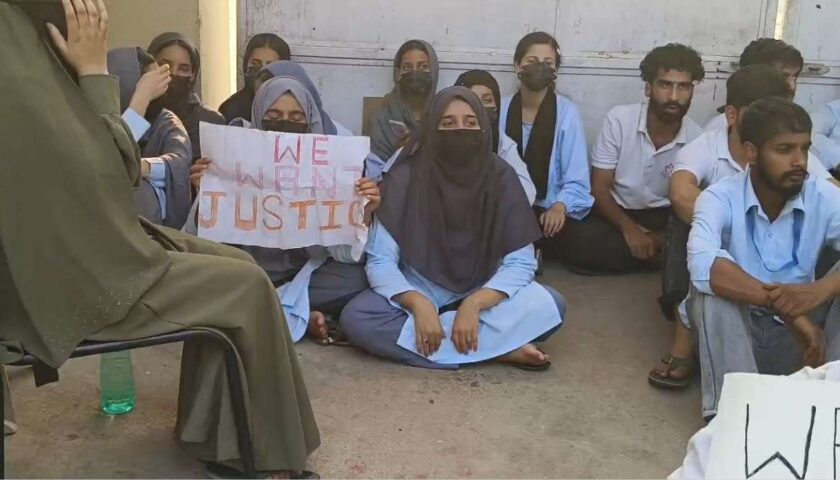Former chief minister Farooq Abdullah has said his National Conference (NC) opted out of the Delimitation Commission in May as the Bharatiya Janata Party (BJP) was allegedly seeking to create Hindu dominance in the Muslim majority region and to divide the Union Territory on religious lines through the process.
The Centre in March set up the commission to redraw parliamentary and assembly constituencies based on the recent census in Jammu & Kashmir, Assam, Arunachal Pradesh, Manipur, and Nagaland. NC opted out of it in May. “That is because we told them on their face that we do not believe in your delimitation. The BJP has a certain purpose. It wants that in J&K [Jammu & Kashmir], a Hindu majority emerges, and the Muslim majority goes down,” he told HT in a joint interview with his son and another former chief minister, Omar Abdullah. “Can you beat what the government of India is trying to do here?”
Farooq Abdullah said when he was the chief minister, the assembly of the erstwhile state of Jammu & Kashmir decided to go for the delimitation exercise along with the rest of the country in 2026. “Then, why has the Centre suddenly brought it forward? They want to divide us on the Hindu-Muslim lines and create Hindu dominance. That will never happen,” he said.
Farooq Abdullah was among three NC Parliamentarians named as the members of the commission.
Omar Abdullah called the commission a product of the constitutional changes brought in August last year to divest Jammu & Kashmir of its special status and to divide it into two Union territories. “When we do not recognise those changes, how can we recognise this panel? By participating in its proceedings, we will essentially be lending credence to the J&K Reorganisation Act, 2019. When we are fighting this Act, there is no question of participation.”
Omar Abdullah said the commission’s membership does not grant one the veto power. “Our three MPs [members of Parliament] may have been able to share their views, but that would not have been binding on the commission. Our participation would have been used as a rubber stamp.”
The political environment in Jammu & Kashmir is in flux again a year after the constitutional changes that prompted sweeping measures, including the incarceration of hundreds of people, to prevent protests against them. Farooq Abdullah, who was among the three former chief ministers also detained, has emerged as the prime mover and pivot in the formation of a conglomerate of the six regional parties – some of them sworn rivals – that has posed the first challenge to the Centre by reaffirming commitment to the Gupkar Declaration pegged to the demand for restoration of the special status.
Prime Minister Narendra Modi referred to delimitation exercise in his Independence Day speech and said it is underway and assembly elections would follow in Jammu & Kashmir.
When asked if he would contest the elections, Farooq Abdullah said: “Any decision [on contesting] will depend first on my party and we will take a call subject to the situation. We will talk to other stakeholders in the Gupkar Declaration. If we are united in this exercise, we will take them on board and decide.”
Farooq Abdullah and Omar Abdullah were released in March while another former chief minister, Mehbooba Mufti, continues to be under detention under draconian Public Safety Act that allows incarceration for up to two years without trial.




